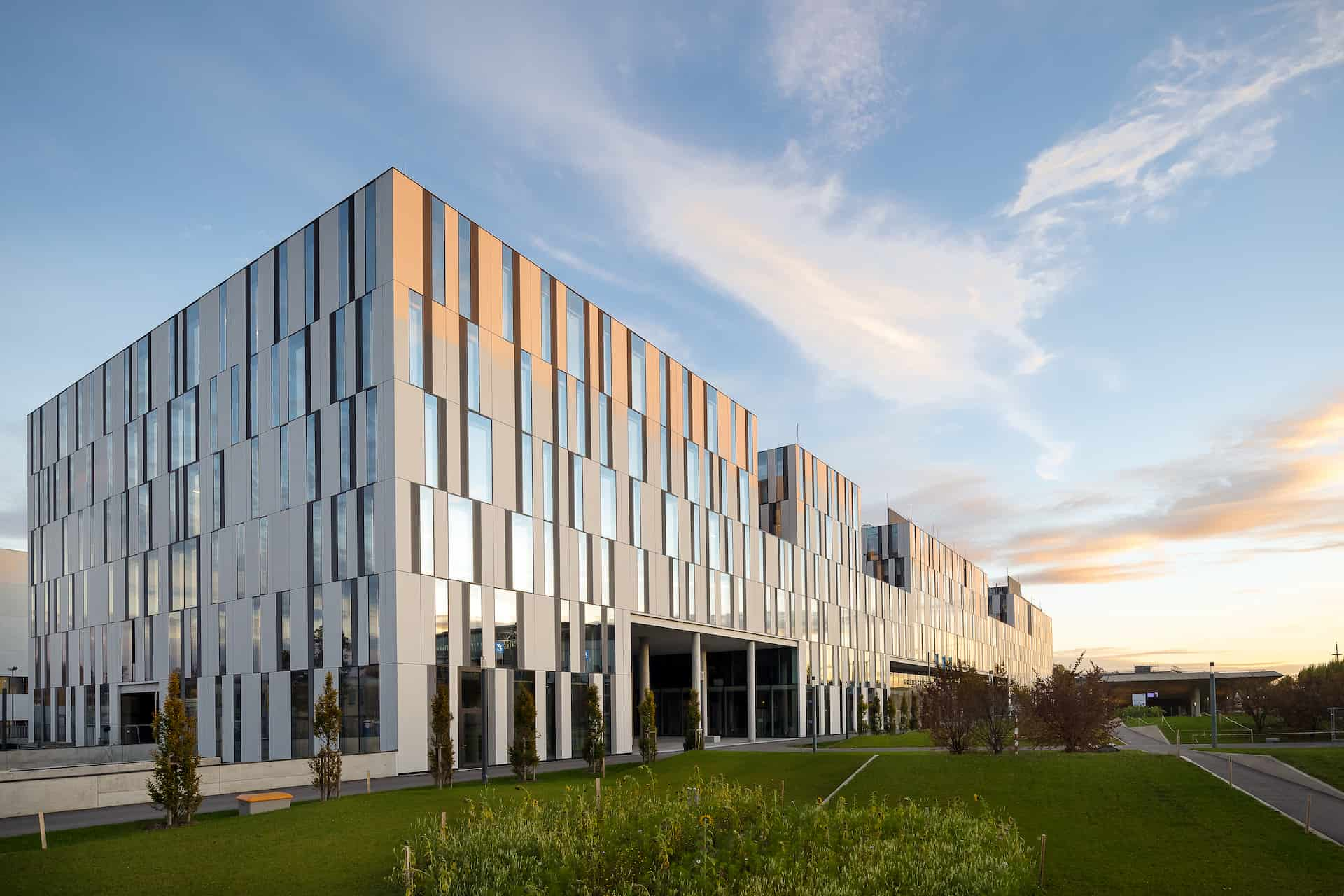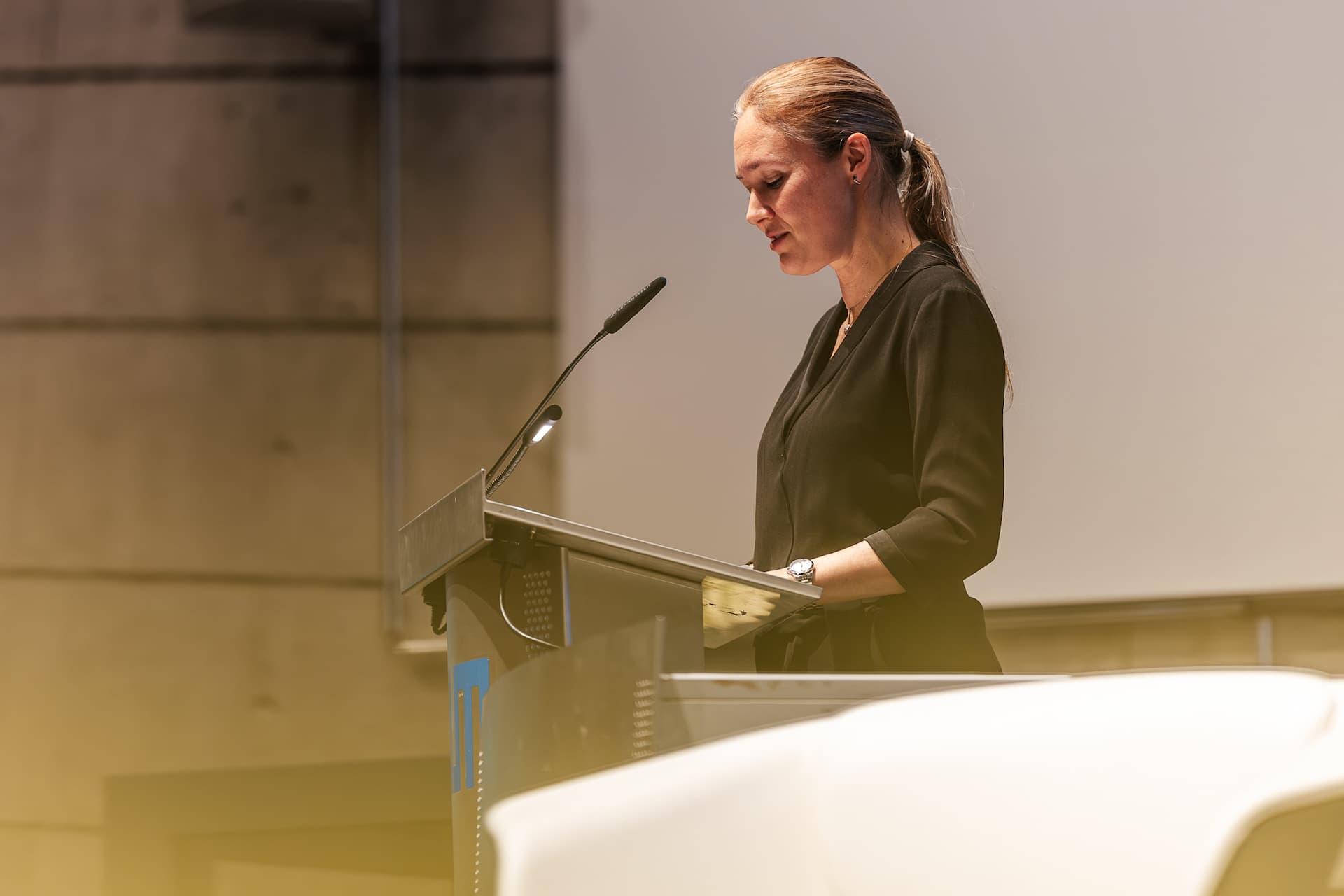TUM Institute for LifeLong Learning
We empower professionals to remain competitive throughout their lives and be thought leaders in their fields.
TUM Institute for LifeLong Learning

One of Germany’s best universities
Four Reasons to choose the TUM Institute for LifeLong Learning
01
1
We Unite Research and Practice.
02
2
We Foster a Responsible Mindset.
03
3
We use the Potential of Technology-enhanced Learning.
04
4
We Draw on an Excellent International Network.
Subscribe to our newsletter
Why TUM?

Why back to the university?
At the Technical University of Munich, we believe we are responsible for making the latest findings and cutting-edge scientific research accessible to professionals.
Our degree programs aim to empower you to transfer new academic knowledge into practice, upskill in interdisciplinary areas such as management and leadership, and get familiar with new technologies to become thought leaders in your field.
Join our vibrant learning community, where you can expand your academic knowledge and acquire and practice new skills. Benefit not only from our excellent lecturers from academia and business but also from the diverse experiences of your fellow students. This open exchange with like-minded professionals from different backgrounds will enrich your learning journey and open doors to new networks and opportunities.

Why advanced education at TUM?
Open up new career opportunities with advanced education offered by the Technical University of Munich (TUM). TUM is not only one of the first universities in Germany to be honored as a University of Excellence, but it also regularly occupies top positions among German and European universities in national and international rankings, such as the Shanghai Ranking, QS, THE, and the Global Employability Ranking. With a vision to lead as one of Europe’s most entrepreneurial universities, TUM is dedicated to excellence in research and teaching.

Furthermore, studying at TUM will immerse you in Munich’s unique technological, entrepreneurial, and international ecosystem. The city’s thriving job market offers plenty of attractive career opportunities, especially in industries like automotive, tech, and financial services. With its supportive business infrastructure and Europe’s best start-up hub the UnternehmerTUM Munich is also an ideal location for aspiring founders. Both Sundar Pichai, CEO of Google, and Tim Cook, CEO of Apple, recently selected the Bavarian capital for new development centers, favoring it over well-established international tech hubs.
The Technical University of Munich
TUM in numbers
178
Degree Programs
9.676
Publications
464
million euros third-party funding
52.580
Students
666
Professors
7
Schools
12.051
Employees
7
Global locations
92.500
Alumni
10.413
Publications
1.141
Doctorates
464,0
mio. Euros third-party funding
18
Nobel Prizes
24
Leibnitz Prices
8
Humboldt Professors
209
ERC Grants
29
IEEE Fellows
435,0
mio. Euro Fundraising
Management Board
Prof. Dr. Claudia Peus
Bernhard Kraus
News & Insights
You are currently viewing a placeholder content from Facebook. To access the actual content, click the button below. Please note that doing so will share data with third-party providers.
More InformationYou need to load content from reCAPTCHA to submit the form. Please note that doing so will share data with third-party providers.
More InformationYou are currently viewing a placeholder content from Instagram. To access the actual content, click the button below. Please note that doing so will share data with third-party providers.
More InformationYou are currently viewing a placeholder content from X. To access the actual content, click the button below. Please note that doing so will share data with third-party providers.
More Information

